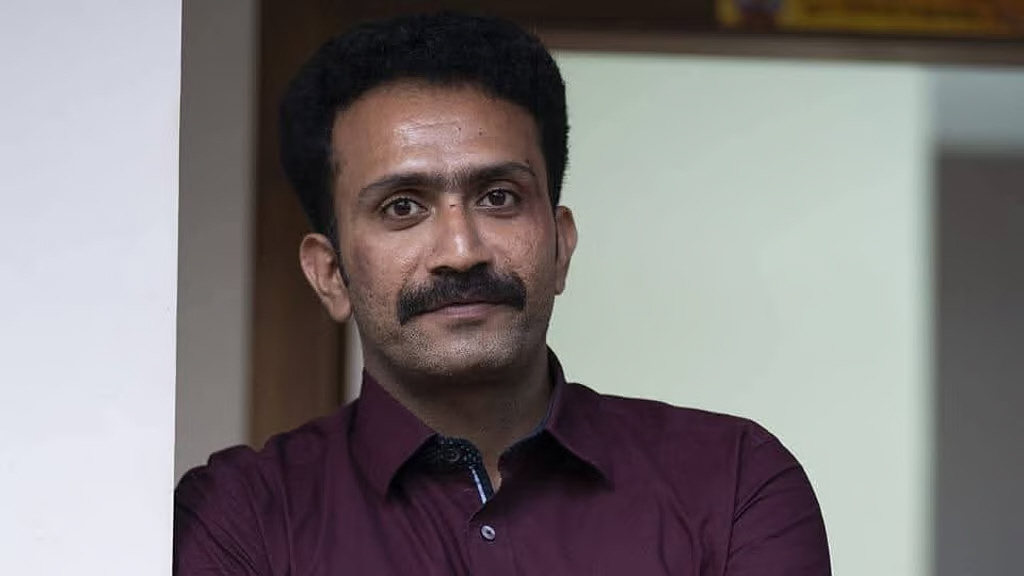
Kerala is confronting a rapidly escalating drug crisis that spans from city streets to film sets, prompting urgent responses from law enforcement, civil society, and the government. Once viewed as a relatively low-incidence state for narcotics, Kerala now surpasses Punjab in reported drug-related cases, with the impact felt across both urban and rural communities.
The rise of synthetic drugs has led to a disturbing increase in violent crimes, with children and teenagers particularly vulnerable. In response, the state has launched a multi-pronged battle that includes intensified policing, education initiatives, and public campaigns. But amid the broader crisis, a darker revelation has emerged—the Malayalam film industry’s long-standing, yet under-acknowledged, love affair with drugs.
Malayalam Film Industry’s Dirty Open Secret
The world of Malayalam cinema, often celebrated for its artistic excellence, is now grappling with growing concerns over rampant drug abuse among actors, crew members, and support staff. The issue, once whispered about in hushed tones, was laid bare by the long-awaited Justice Hema Committee Report, reluctantly released by the Kerala government on August 19, 2024.
The report paints a grim picture. Substance abuse, it reveals, is not just common—but normalised across all levels of the industry. From prominent actors to junior technicians, testimonies detailed how individuals frequently arrived on set under the influence, compromising not only professional standards but also safety.
More alarmingly, the report links intoxication to increased harassment and exploitation, especially against women. It notes that impaired judgment and toxic environments contribute directly to misconduct. One of the most disturbing findings is the existence of a drug mafia that supplies psychotropic substances with virtual impunity—active on film sets, wrap parties, and private industry events.
Despite earlier controversies—such as the 2023 bans on actors Shane Nigam and Sreenath Bhasi over alleged substance-related disruptions—the industry has failed to implement meaningful corrective measures. The Hema Committee criticised the lack of regulatory oversight and the apathy of enforcement agencies, which has allowed a toxic culture to fester within one of Kerala’s most influential sectors.
The spotlight recently intensified after actor Shine Tom Chacko was questioned by the police for allegedly fleeing during a drug raid at a Kochi hotel. Though no narcotics were found, Chacko, who has previously been arrested on drug-related charges, admitted to past drug use. Police collected his blood samples for further testing.
In his statement, Chacko claimed that drugs were often supplied on film sets and that he had abstained from drug use since his earlier arrest. He attributed his escape to fear triggered by a previous conflict with a film producer, denying any wrongdoing at the time of the raid.
The incident follows a complaint from actress Vincy Aloshious, who accused Chacko of inappropriate behaviour under the influence of drugs during the shoot of their upcoming film Soothravakyam. While no police complaint has been filed, her grievance has been submitted to the Film Chamber and AMMA (Association of Malayalam Movie Artists), reigniting debates about workplace safety in the industry.
The situation in Kerala has spurred a vigorous public and institutional response. Governor Shri Rajendra Vishwanath Arlekar flagged off the ‘Laharimukta Bharat Abhiyan’ anti-drug campaign, organised by the Brahma Kumaris, calling on society to remain “on guard against drugs.” He stressed that the solution must come from collective social awakening.
In parallel, Asianet News launched a mega Livathon campaign, bringing together educators, parents, students, and officials in a united front against drugs. Participants voiced concerns over the increasing availability of synthetic drugs and the devastating toll they are taking on youth.
Minister MB Rajesh assured the public that the government system would remain vigilant, while ADGP Manoj Abraham announced strict action against online platforms and games that facilitate or promote drug use among minors.
Kerala’s battle against drug-fuelled violence is no longer just about enforcement—it is a war for the moral and mental health of a generation. As society mobilizes, it is clear that lasting change requires participation from every sector: schools, families, religious groups, the media—and yes, the film industry.
The Justice Hema Committee’s revelations are a wake-up call to Kerala’s cultural elite. Without serious introspection and reform, the state risks not only public safety but the integrity of its most celebrated institutions.






